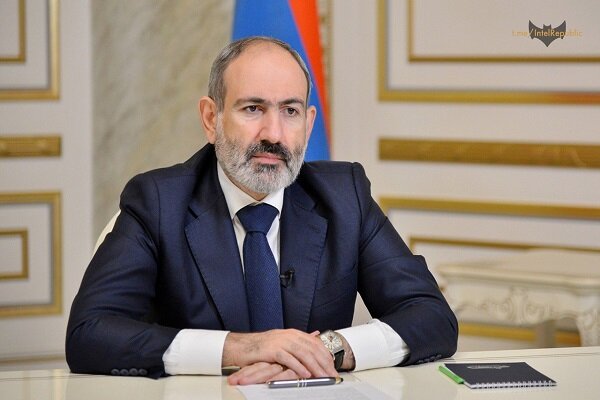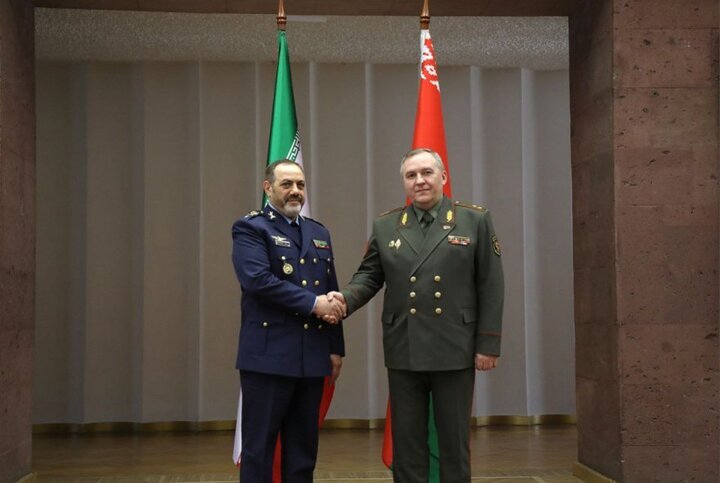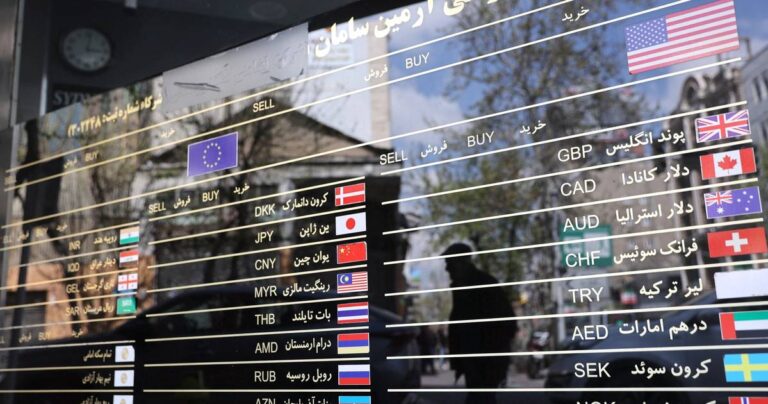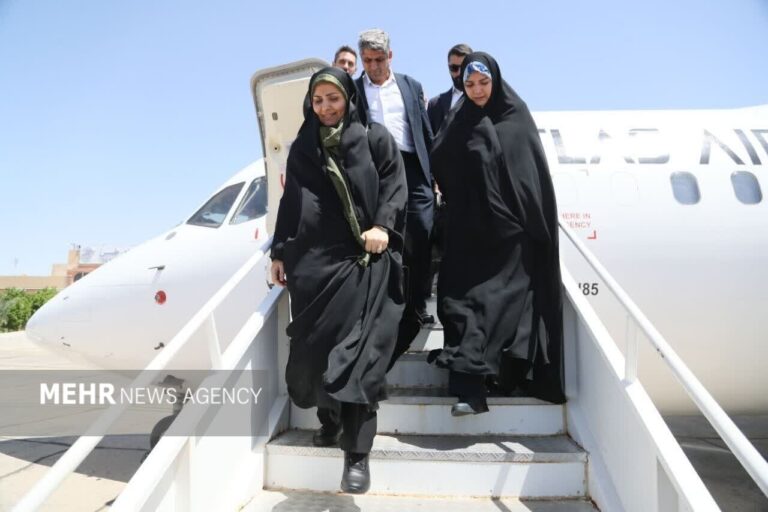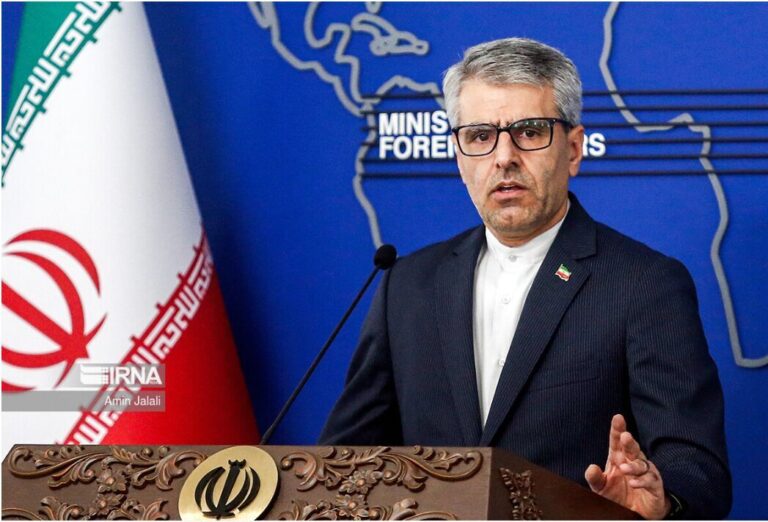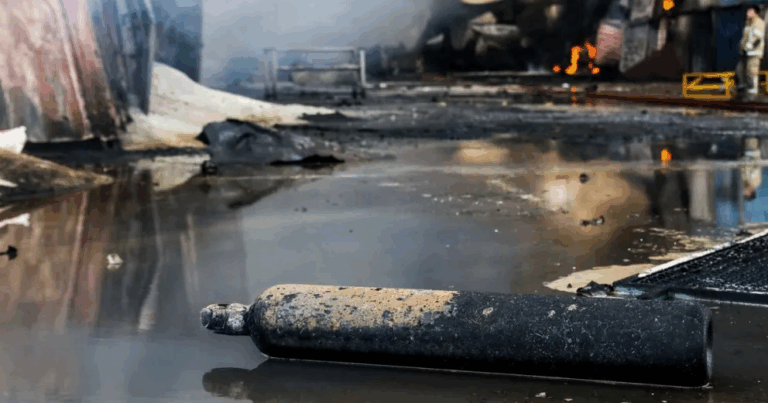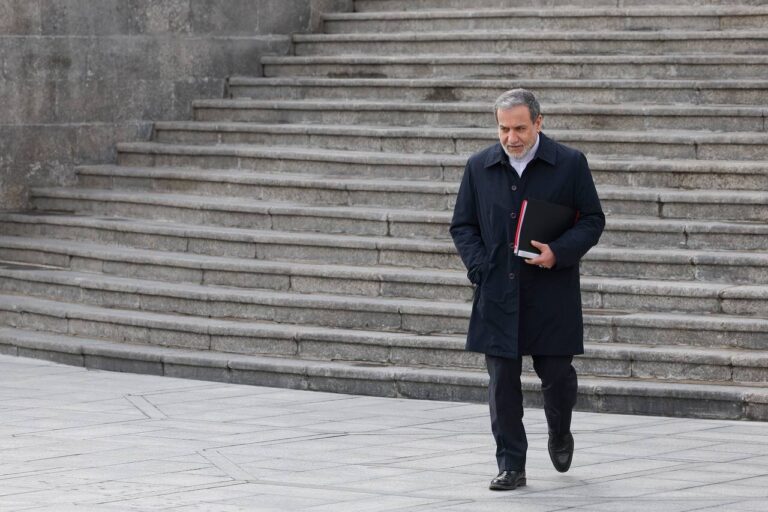Armenia Champions Strengthening Iran’s Relations with the EEU, Says Prime Minister
In a recent press conference held in Yerevan, notable discussions centered around the strengthening of relations between Iran and the Eurasian Economic Union (EEU). This development marks a significant step for both parties as they seek to enhance economic collaboration.
During the conference, Armenian Prime Minister Nikol Pashinyan stated, “We have supported and continue to support the development and deepening of relations between Iran and the EEU.” This statement highlights the ongoing commitment to fostering a robust partnership between Iran and the member states of the EEU.
One of the key highlights from the conference was Pashinyan’s mention of the former Iranian president’s participation in the EEU meeting in Yerevan back in 2019. His invitation underscored the long-standing ties and mutual interests shared between Iran and the EEU.
According to a report by TASS, significant progress has been made regarding the free trade agreement between the EEU and Iran. The member states have successfully completed all necessary steps to implement this agreement, paving the way for enhanced trade relations.
What is the Eurasian Economic Union (EEU)?
The Eurasian Economic Union (EAEU), also known as the EEU, is an economic union comprised of five post-Soviet states located in Eurasia. The union aims to create a cohesive economic environment and has established an integrated single market among its members.
- Member Countries: The EEU consists of Armenia, Belarus, Kazakhstan, Kyrgyzstan, and Russia.
- Observer States: Recently, Iran has attained the status of an observer state within the EEU, signifying its growing interest in regional economic integration.
- Objectives: The primary objective of the EEU is to foster economic cooperation, facilitate trade, and promote investment among its member states.
The formation of the EEU has enabled member countries to collaborate on various economic fronts, strengthening their collective bargaining power on the global stage. This union also offers a platform for non-member states, like Iran, to engage in economic activities and partnerships.
The Significance of Iran’s Observer Status
Iran’s recent designation as an observer state within the EEU holds substantial implications for both Iran and the union itself. This status allows Iran to participate in meetings and discussions, offering insights and perspectives that could benefit the collective.
- Increased Trade Opportunities: As an observer, Iran can explore trade agreements and partnerships with EEU member states, potentially leading to increased exports and imports.
- Economic Diversification: For Iran, engaging with the EEU provides an opportunity to diversify its trading partners and reduce reliance on any single economy.
- Regional Stability: Strengthening ties with the EEU can enhance regional stability, fostering cooperation in various sectors, including energy and infrastructure.
Furthermore, the EEU’s integrated market offers Iran a chance to tap into a larger consumer base, promoting its products and services across multiple countries. This collaboration is particularly vital in light of Iran’s efforts to navigate existing economic sanctions and seek new avenues for growth.
Future Prospects for Iran and the EEU
Looking ahead, the potential for collaboration between Iran and the EEU appears promising. With the successful implementation of the free trade agreement, both parties can anticipate mutual benefits that align with their economic objectives.
As Pashinyan noted, the commitment to deepening relations is a shared priority, and this sentiment is echoed by other EEU member states. The upcoming months may witness increased diplomatic engagements and economic activities aimed at solidifying this partnership.
In summary, the recent statements made during the Yerevan press conference signal a pivotal moment in the relationship between Iran and the EEU. The completion of necessary steps toward the free trade agreement, combined with Iran’s new observer status, sets the stage for a fruitful collaboration that could yield significant economic advantages for both parties.
As Iran continues to strengthen its ties with the EEU, it is poised to play an important role in the region’s economic landscape, contributing to a more interconnected and prosperous Eurasian market.
